The vast majority of people, when investing in A-shares, have not really thought through what they are actually trying to do.
Investing and stock trading are entirely different things.
This is not the concept of investment and speculation as people often talk about, but rather a comprehensive preparation involving the market and mentality, which is far more complex than imagined.
In the A-share market, the proportion of investment does not exceed 10%, and the remaining 90% is all about the game in the trading process.
This 10% refers to the fact that 10% of the listed companies are genuinely working on their businesses, while the remaining 90% are thinking about how to profit from the capital market.
It's understandable.
The listed companies have price-to-earnings ratios of 50 or 100 times, and the money earned from working hard in the business for decades is not as much as the earnings from reducing holdings.
Therefore, the ultimate destination of these stocks is to profit from the game of reducing holdings in the market.
And the stock code has become a table for opening bets.
However, this is not only the case in the A-share market, all stock markets are like this.The difference lies in the fact that in other markets, these junk companies eventually become penny stocks, ignored by everyone.
This has led to the phenomenon where top value companies are collectively invested in by capital, while companies that are in disarray gradually delist.
In the A-share market, even the worst companies are speculated on, and can become a table for gambling.
When the tide of large capital recedes and the market is very short of money, capital once again opens up gambling tables one by one, luring investors into traps.
What's more deadly is that when capital is abundant, blue-chip stocks and white-horse stocks are also treated as traps, waiting for everyone to fall into them.
When value investment becomes a theme, the market is left with only a zero-sum game of capital.
Imagine, if we find a company that can grow ten times in the future, should we hold it for a long time?
But the key to the problem is that retail investors actually have no patience.
The same is 10%, which means that only 10% of retail investors are doing investment activities, and the remaining 90% are simply engaging in price competition in the market.
Because the stimulation brought by short-term profits is really too great, compared with the illusory long-term, the short-term is a tangible investment method.Thus, investing turns into a game of chance, where the intrinsic value of the investment is weakened, and the speculative value is amplified without limit.
Consequently, retail investors will ultimately crowd onto the line of play determined by capital flows.
The essence of the game is that the big fish eat the small fish; there will be no other outcome.
The main force can recklessly suppress the stock price to accumulate shares, and can also recklessly hype without considering the consequences to attract followers.
The main force can judge the trading mentality of retail investors through their own trading situation, and use emotions to "mow the leeks" (a metaphor for taking advantage of inexperienced investors).
But retail investors can only speculate on the possibility of continued rise in the seemingly fair ups and downs.
Retail investors believe that the main force has its own plan, but they do not realize that the main force's ability to adjust its strategy according to the market is far beyond the imagination of retail investors.
The current popular quantitative trading is actually a comprehensive model based on market sentiment, price trends, and retail investor reactions.
This model does not target anyone, but behind it is the naked human nature, composed of transaction big data, and the model reflected back.
Therefore, stock trading is destined to be a game where the majority lose money and only a small part of people make money.Can stock trading make money? The key question is, can it make a lot of money?
The answer is definitely yes, but the proportion is very low. The stories of those big shots are indeed real, but they are just rare events.
We are all accustomed to looking at the various trading methods of the big shots, but many people seem to understand them, but in fact, they don't really understand.
In this market, there are actually a few possibilities for making a lot of money.
First, leverage in a bull market.
90% of those who make a lot of money do so by using leverage in a bull market.
To put it bluntly, the only thing these people have done right is to dare to fight and win.
The key issue is not whether to use leverage or not, but whether to use it at the right time and step on the bull market.
If you can make good use of leverage in a bull market, then there is an opportunity to get rich, after all, borrowing a hen to lay eggs is the necessary path to make a lot of money in investment.Buying a house does not actually make one wealthy, but real estate speculation can lead to wealth because leverage is added during a bull market in real estate.
However, leverage is always a double-edged sword, and most retail investors do not use it well.
Some are accustomed to using leverage, which is equivalent to working for the capital provider, carrying an annual 5% financial liability.
Moreover, once leverage is trapped, the risk is greater, and it is not easy to de-leverage.
For example, an investment of 1 million yuan, with an additional 1 million yuan in financing, if it loses 30%, it is equivalent to having a principal of only 400,000 yuan, with 1 million yuan in financing, and an annual interest of about 50,000 yuan.
When your principal is only 400,000 yuan, and you still have to bear an annual cost of 50,000 yuan, the consequences can be imagined.
The proportion of people who can add the right leverage in a bull market is only 10%, so this secret to wealth is not advisable for ordinary people to try.
Secondly, holding onto a big bull stock.
Often hear those stories of buying a stock that has increased by ten or even dozens of times.
This kind of story does exist, but it is also a very small proportion.In comparison, making a lot of money in the stock market depends on holding onto big winners, which is also a one in ten chance.
This situation arises because the longer the holding period, the more steadfast the conviction required.
It's not just about seeing through what a listed company will become in the future and whether it can become a great company.
Instead, during the holding period, you will face all kinds of temptations, as well as opportunities and challenges.
There are always a few moments when some events will make you doubt your investment.
For example, at a certain point, encountering some market bearish news, including some stock-related rumors, will cause many people to sell their stocks, even if they are losing money.
The longer the holding period, the more you need to repeatedly challenge your investment logic and convince yourself to continue holding.
This seems simple, but in reality, it is very difficult to achieve under the influence of price fluctuations.
Moreover, big winners may be aborted at any time due to market changes, making the probability of making a lot of money by holding stocks even lower.
Third, understand the essence of trading.The last category of people, who make up a smaller proportion than the two mentioned above, are trading geniuses. Moreover, we must face the reality that the amount of capital a trading genius can control is also relatively limited. When your capital volume is large enough to affect stock prices, trading itself becomes unfeasible. Therefore, there are still trading geniuses who can play with a few hundred thousand and turn it into tens of millions. However, it is almost impossible to find trading geniuses who can turn tens of millions into hundreds of millions, or even billions.
The essence of trading, if we exclude the volume of capital, is actually a game of emotions. Without the trading eye of the main force capital, you need to see through the market's emotions and find the main force's opponent, what emotions they are in now. That is to say, you need to be sensitive enough to judge the psychology of the "chopsticks" (a term used to describe retail investors in the stock market) at the moment, in order to gain the upper hand in the game.
It is obvious that this kind of counter-human nature is impossible for ordinary retail investors to achieve. For retail investors, making a lot of money through stock trading must be a very difficult thing. It is not easy to break even and make a little money, which requires a lot of methods and self-discipline, let alone getting rich quickly.The interesting aspect of investing is that, despite knowing the possibility of losing money, one is not willing to admit defeat and seeks to find ways to make a profit.
Investing is not like gambling, where long-term gambling inevitably leads to loss. The charm of this kind of investment game lies in the small probability of making a lot of money.

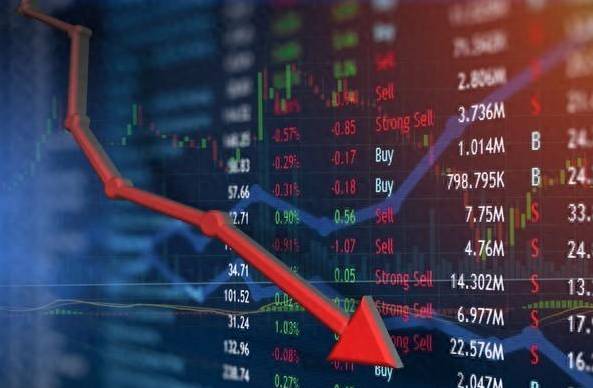

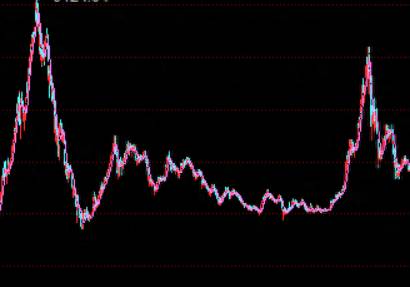



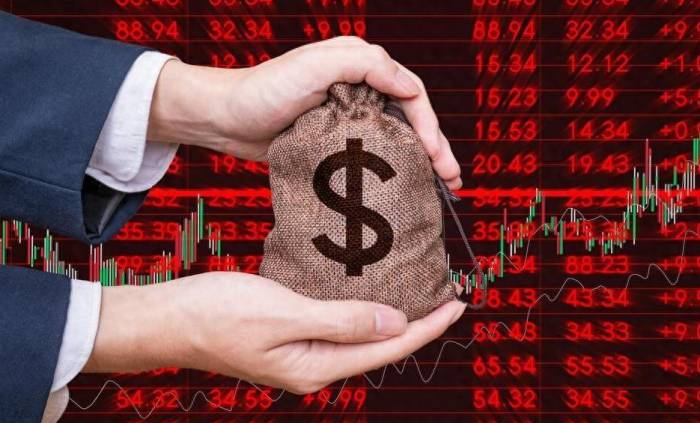












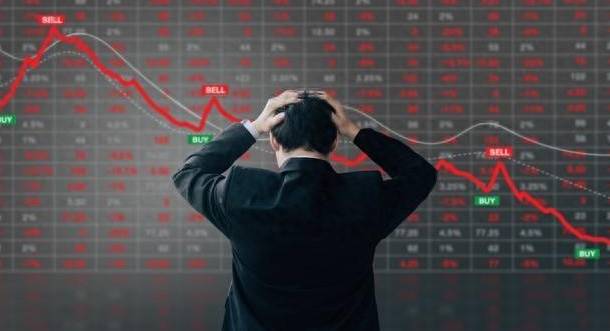





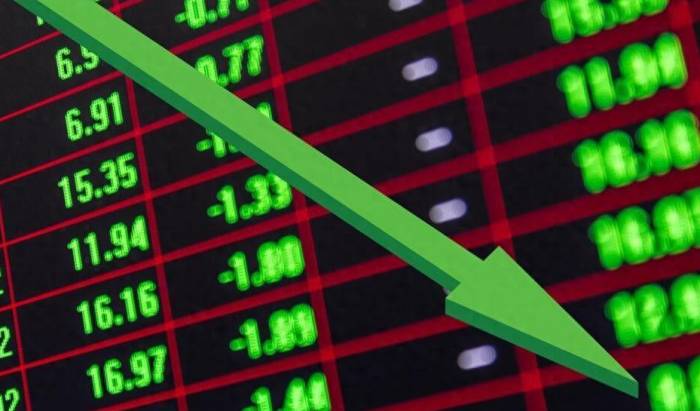
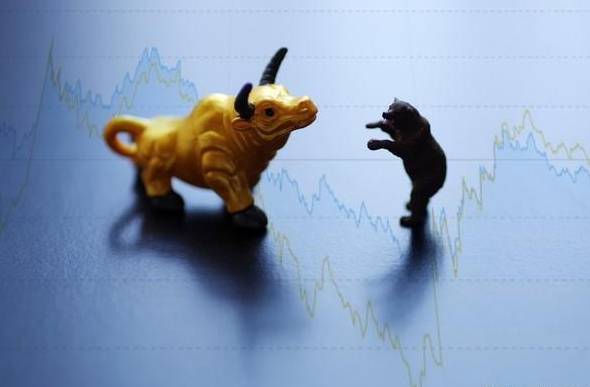

Comments